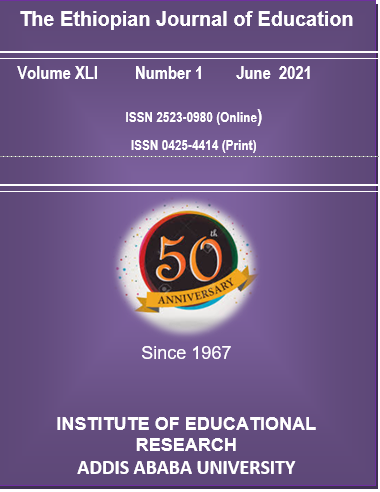Beliefs and Practices of Learner Autonomy in Developing English Language Skills: The Case of Dilla University Students’ Learning Experiences Outside the Classroom
Keywords:
learner autonomy, beliefs, practices, language skillsAbstract
Despite the introduction of the Communicative Language Teaching Methodology to language learning classrooms and the subsequent advocacy of learner needs and learner autonomy, some learners seemed to ardently stick to the age-old belief that the teacher was the sole provider of knowledge and wisdom. On the other hand, most ELT courses given in universities advocated the primacy of learner autonomy and thus learners were exposed to this advocacy for a long time. Even so it might not be clear how learners believed and practiced learner autonomy unless the issue is systematically investigated. This study investigated the subjects’ beliefs of learner autonomy with regard to its contribution to develop their English language skills and their predisposition to practice it. The population of the study comprised all students in the Department of English and Literature. As the size of the population was manageable, all 89 students were taken as a sample and the entire population participated in filling out the questionnaire. However, 9 students (i.e., 3 students from each year) were selected for the interview through quota sampling. Simple random sampling was employed in each group to provide equal chance for the interviewees. In the presentation and analysis of the data obtained through the tools, quantitative and qualitative methods were applied. The results indicated that though the subjects realized that learner autonomy was important to enhance their English language skills, their practices and use of opportunities to develop these skills on their own showed lack of commitment and motivation. Therefore, recommendations were given in light of what the stake-holders should do in order to raise learners’ motivation and commitment.
Downloads
Downloads
Published
How to Cite
Issue
Section
License
Copyright (c) 2021 Wendiyfraw Wanna, Adane Paulos

This work is licensed under a Creative Commons Attribution 4.0 International License.


